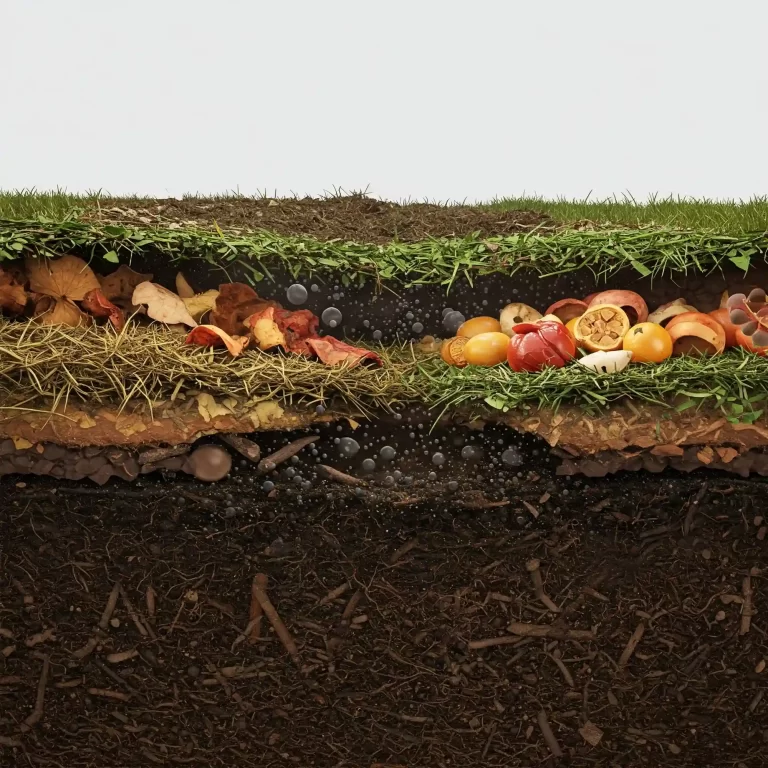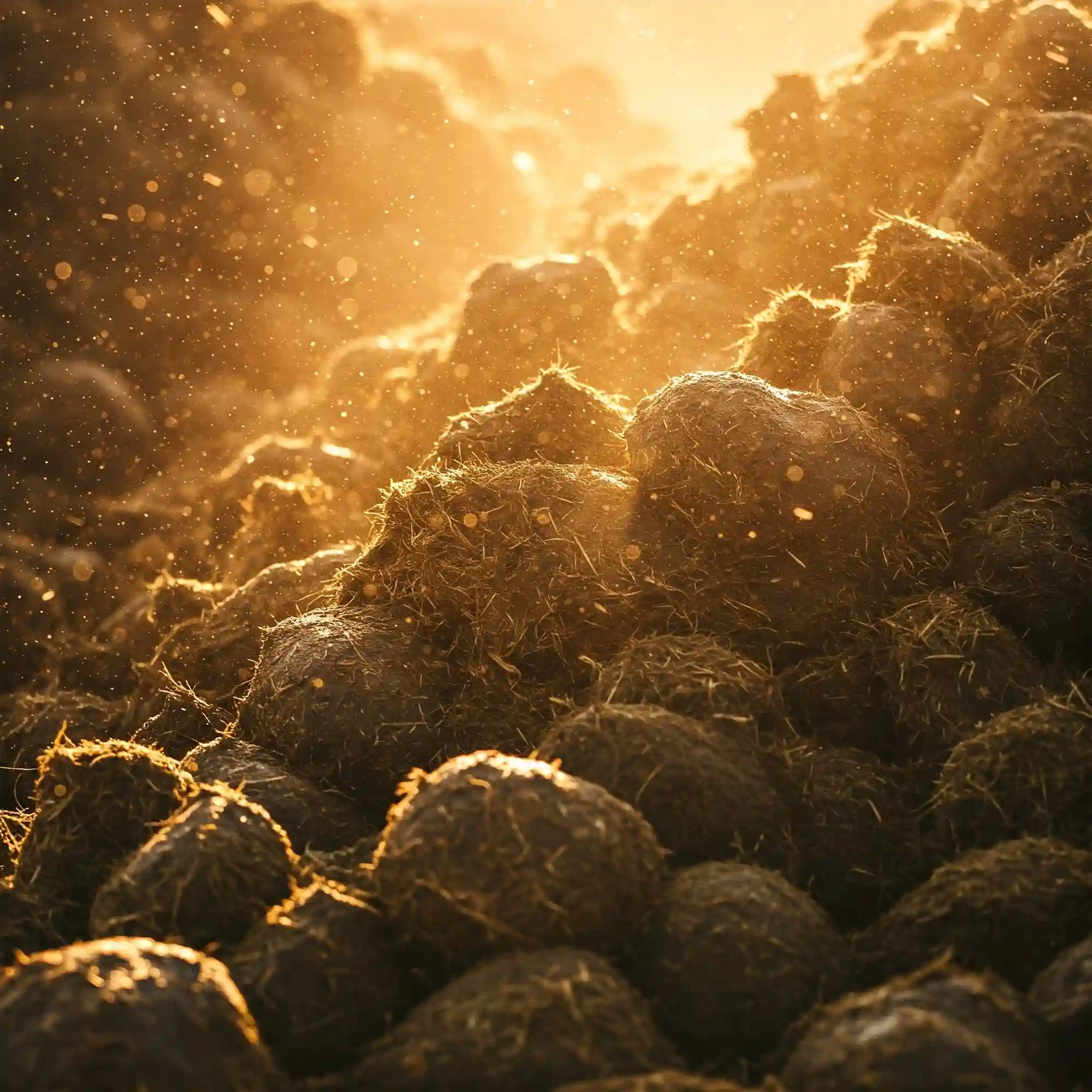Composting is an excellent way to reduce your environmental impact, recycle organic waste, and create nutrient-rich soil for your garden. However, there are certain materials that should not be composted due to potential health risks and environmental hazards.
What Not to Compost:
- Meat, Fish, and Dairy Products: These items can attract pests and rodents, contaminate the compost with harmful bacteria, and release unpleasant odors.
- Bones: Bones take a long time to decompose and can harbor harmful bacteria.
- Fats, Oils, and Grease: These materials can slow down the composting process and attract pests.
- Diseased Plants: Plants infected with diseases can spread the infection to other plants in your compost pile.
- Weeds with Seeds: Composting weeds with seeds can lead to their spread throughout your garden.
- Treated Wood or Lumber: Treated wood contains chemicals that can contaminate the compost and harm plants.
- Pet Waste: Pet waste can contain harmful bacteria and parasites that can spread to humans and other animals.
- Chemicals and Pesticides: Chemicals and pesticides can contaminate the compost and harm plants and soil.
Avoiding Hazards:
- Properly Maintain Your Compost Pile: Regularly turn and aerate your compost pile to prevent anaerobic conditions that can lead to the production of harmful gases and odors.
- Wear Gloves When Handling Compost: Composting materials can contain harmful bacteria and pathogens. Always wear gloves to protect your hands when handling compost.
- Store Compost Properly: Keep your compost pile in a secure location away from children and pets. Cover the pile to prevent pests and rodents from accessing it.
- Use Compost Responsibly: Apply compost to your garden or lawn sparingly to avoid nutrient overload and potential plant damage.
- Be Aware of Local Regulations: Some areas have specific regulations regarding composting. Check with your local authorities to ensure you comply with these regulations.
By following these safety tips, you can safely compost organic materials, reduce waste, and enrich your garden soil without posing any health or environmental risks.
Table: What Not to Compost
| Item | Reason |
|---|---|
| Meat and dairy products | Attracts pests and rodents, can spoil and become a source of harmful bacteria |
| Oils and fats | Makes compost pile greasy and difficult to manage, attracts pests and rodents |
| Diseased plants | Can spread disease to other plants in compost pile |
| Weeds | Can easily spread through compost pile and into garden |
| Pesticides and herbicides | Can contaminate compost pile and harm plants and animals |
| Pet waste | Can contain harmful bacteria and parasites |
| Other hazardous materials | Can contaminate compost pile and pose a health or safety hazard |

